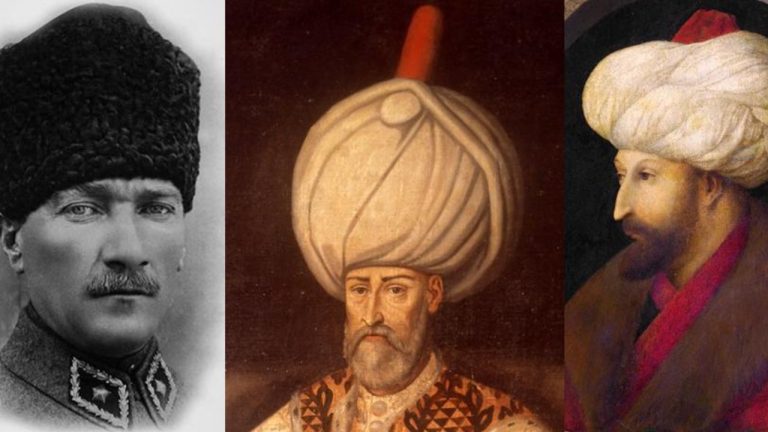The Dawn of Turkish History: A Journey Through Time
The rich tapestry of Turkish history weaves a story that spans millennia, encompassing the rise and fall of empires, the migration of tribes, and the evolution of a vibrant culture. Turkish history is not just about the modern nation of Turkey; it stretches back to the early days of the Turkic peoples, whose influence has shaped civilizations across Asia and Europe.
Turkish history: The Origins of the Turks
History begins in the vast steppes of Central Asia, where the early Turkic tribes roamed as nomadic herders. These tribes, united by a common language and culture, began to emerge as distinct entities around the 6th century CE. The Göktürks, or Celestial Turks, are among the earliest known Turkic states, establishing a powerful empire that stretched from the Aral Sea to the borders of China.
The Göktürk Empire
The Göktürk Empire, founded in 552 CE, marked a significant milestone in Turkish history. Under the leadership of Bumin Qaghan and his successors, the Göktürks managed to unite various Turkic tribes and create a formidable state. The empire played a crucial role in the Silk Road trade, fostering economic and cultural exchanges between East and West.
Turkish history: The Migration Period
Also characterized by the great migrations that saw Turkic tribes move westward. The decline of the Göktürk Empire led to a dispersion of Turkic peoples, who began to migrate towards the fertile lands of Anatolia and beyond. This migration period significantly influenced the demographics and political landscape of the regions they settled in.
Turkish history: The Seljuk Empire
A pivotal chapter in Turkish history is the rise of the Seljuk Empire in the 11th century. The Seljuks, a Turkic dynasty, conquered vast territories in the Middle East, including Persia and Anatolia. Their victory over the Byzantine Empire at the Battle of Manzikert in 1071 opened the gates of Anatolia to Turkic settlers, laying the foundation for the future Ottoman Empire.
The Ottoman Empire
Arguably the most renowned period of Turkish history is the era of the Ottoman Empire. Founded by Osman I in the late 13th century, the Ottomans expanded rapidly, conquering Constantinople in 1453 and transforming it into Istanbul, the capital of a vast empire that spanned three continents. The Ottoman Empire was a beacon of cultural diversity, architectural grandeur, and military prowess, leaving an indelible mark on Turkish history.
Modern Turkey
The dissolution of the Ottoman Empire after World War I led to the establishment of the Republic of Türkiye in 1923, under the visionary leadership of Mustafa Kemal Atatürk. Atatürk’s reforms modernized Turkey, ushering in a new era that blended Western influences with deep-rooted Turkish traditions. This modern period of Turkish history reflects a continuous journey of transformation and resilience.
Understanding Turks history is crucial for appreciating the cultural and historical richness of the region. From the ancient steppes of Central Asia to the bustling streets of modern Istanbul, Türkiye history is a saga of conquest, migration, and cultural synthesis. This enduring legacy continues to influence contemporary Turkey and its role on the global stage.
By delving into the beginnings of Turkish, we gain insights into the origins and evolution of a people whose impact resonates far beyond their geographical borders. The story of history is not just a chronicle of the past but a living narrative that shapes the present and future of Turkey and the wider world.

